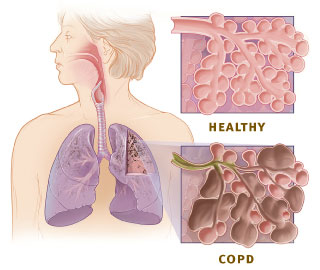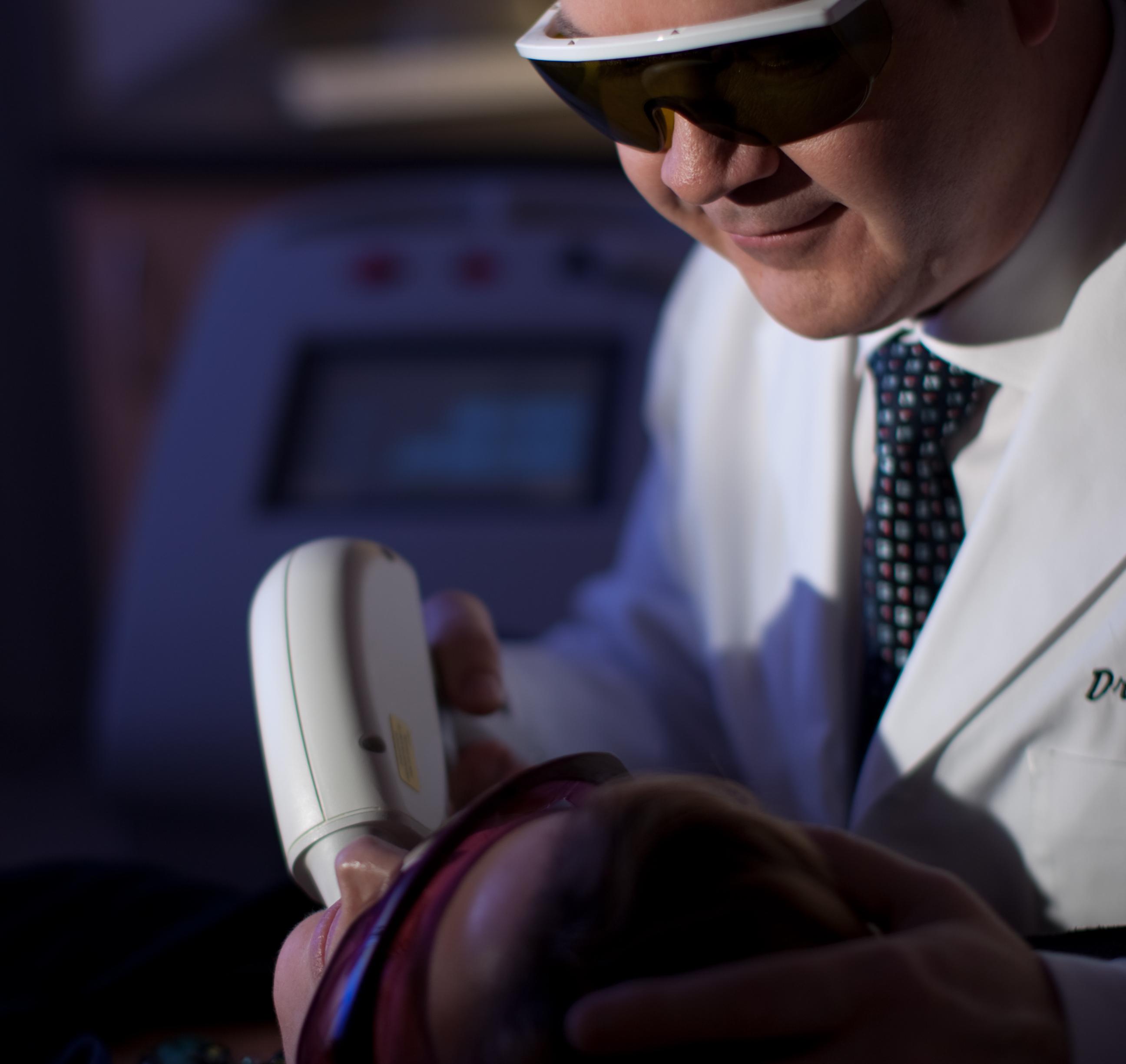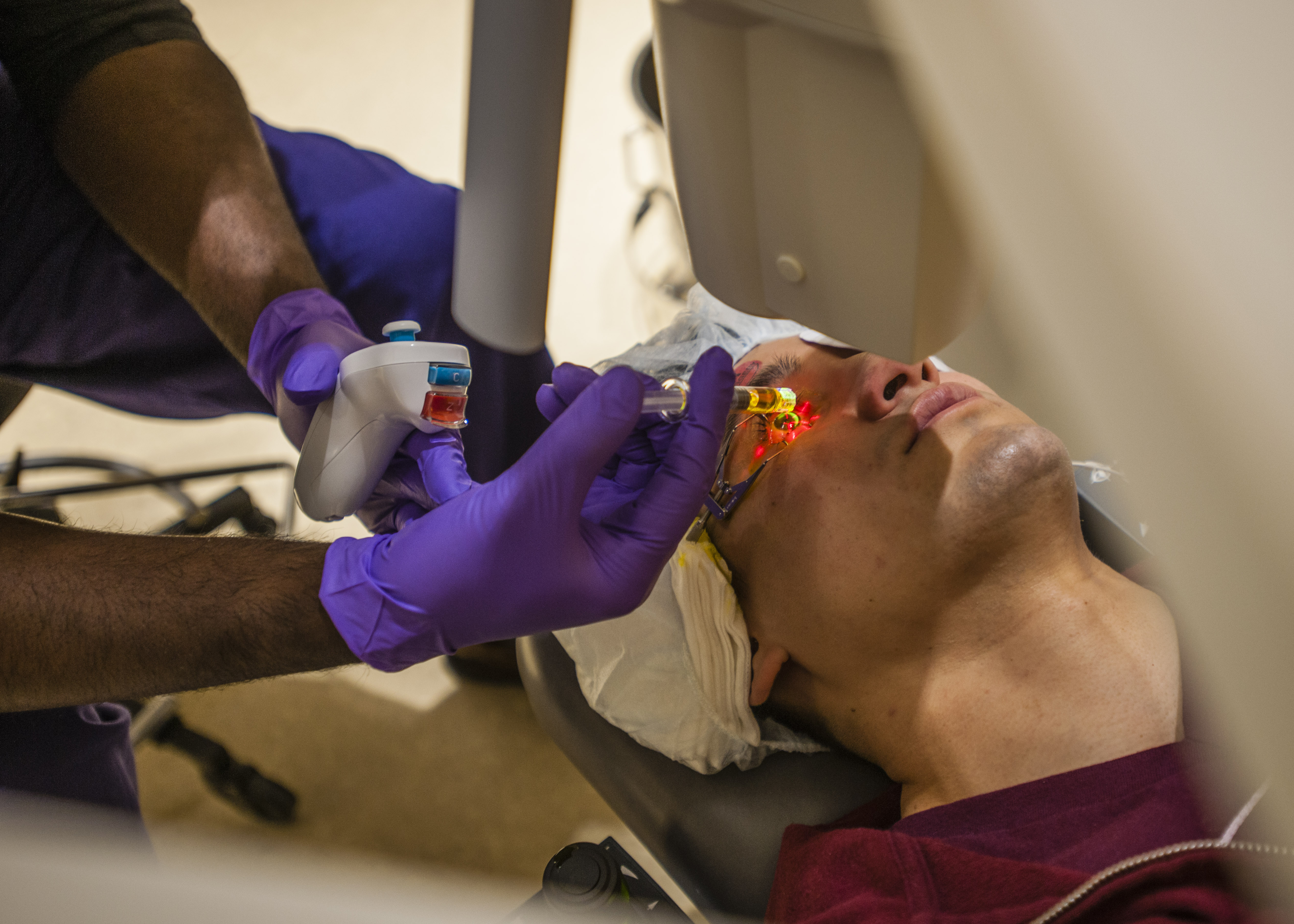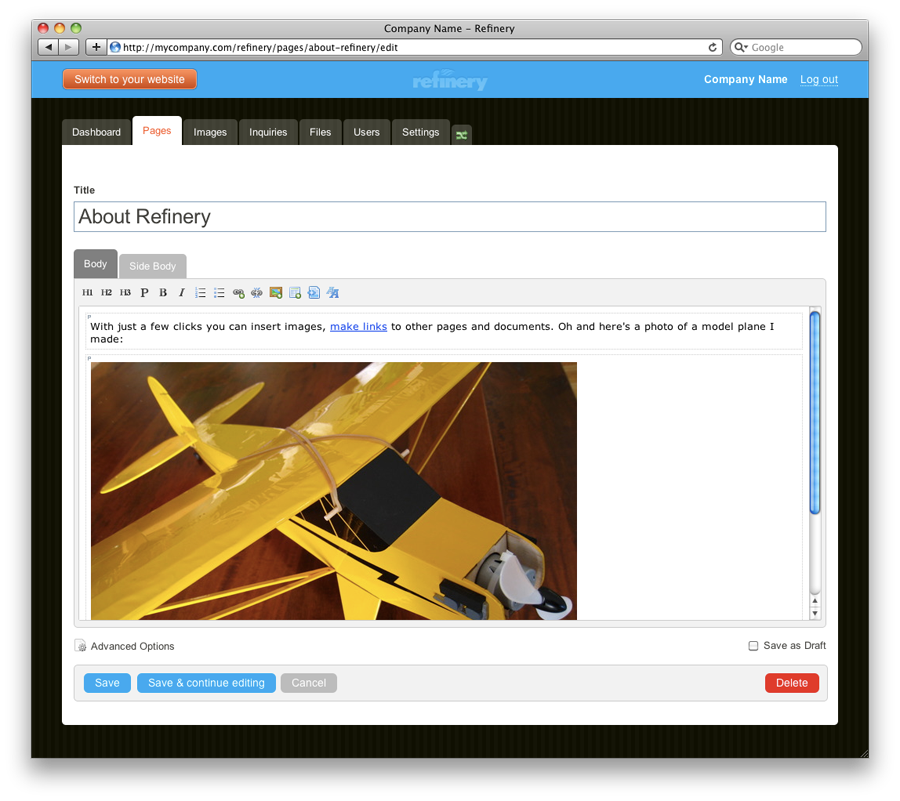Foods To Avoid For Iron Deficiency
An iron deficiency means the body is low in iron. Women who have periods or who are pregnant are the most at risk of developing an iron deficiency. Anemia, celiac disease, and kidney failure can also trigger a lack of iron in the blood. Symptoms of an iron deficiency include dizziness, fatigue, shortness of breath, brittle nails, and pale skin. Frequent ‘pins and needles’ in the hands, feet, and legs are also common.
There are several ways to treat an iron deficiency, including blood transfusions, IV iron, and yes, iron supplements for anemia! There is a women’s chewable multivitamin with iron available for those who struggle with swallowing pills. Foods rich in vitamin C help with iron absorption. This is why women should consume an iron supplement with vitamin C tablets! Of course, there are also foods to avoid due to an iron deficiency.

Dairy Products
When dealing with an iron deficiency, it’s very important to avoid consuming too many dairy products, including cow’s milk, cheese, and yogurt. Women should avoid these foods because they are high in calcium, which lessens the body’s ability to absorb iron. Many doctors will recommend altering how dairy products are consumed or avoiding them entirely.
Calcium is, of course, still a necessary nutrient. It helps bones stay strong! Thus, women who can consume calcium once they increase their iron a little should bring dairy back. The time dairy products are consumed is important. No one should eat dairy or other foods high in calcium when they take an iron supplement or eat iron-rich foods. Put them on opposite ends of the day!
Products With Gluten
Gluten and iron have a tough relationship. This is especially true if celiac disease or gluten intolerance is the reason why someone has developed an iron deficiency! Gluten is a nutrient with a significant ability to damage intestinal walls. This is exactly what happens in celiac disease! The immune system reacts to the consumption of gluten, and this damages the intestines. When the intestines are damaged, the body cannot absorb any nutrients sufficiently, including iron. This is why staying away from gluten can help with iron absorption.
While it’s not necessary for those who don’t have celiac disease, many have stated they do start feeling better when they alter their gluten consumption habits! Women should, of course, talk to their doctor for specific recommendations.

High-Fiber Foods
Consuming high-fiber foods has long been known to be a healthy dietary choice. It helps keep energy stable, increase bowel regularity, and reduce unhealthy cravings and mood swings. However, consuming lots of fiber isn’t recommended for those with an iron deficiency. This is because fiber-rich foods often contain high amounts of phytic acid, a known iron inhibitor. Thus, consuming white bread with iron is better than whole grain bread.
However, some say soaking high fiber foods can reduce the phytic acid content. It’s also worth noting these foods typically reduce iron when they’re consumed alongside supplements and iron-rich food. This means altering when they’re consumed can help!
Tea And Coffee
Although they’re both delicious and provide several health benefits, women dealing with an iron deficiency should avoid consuming a lot of tea and coffee. This is for 2 major reasons: caffeine and tannins. Tannins are found in black tea as well as green tea. Caffeine is found in both coffee and all kinds of tea, except for herbal and rooibos teas.
Both of these substances have been linked to reduced iron absorption. They don’t affect those with healthy iron levels. However, for those who are already dealing with a lack of iron need all the help they can get to increase their absorption! Minimal caffeine consumption is ideal, so people should look to herbal teas for a warm and comforting drink.
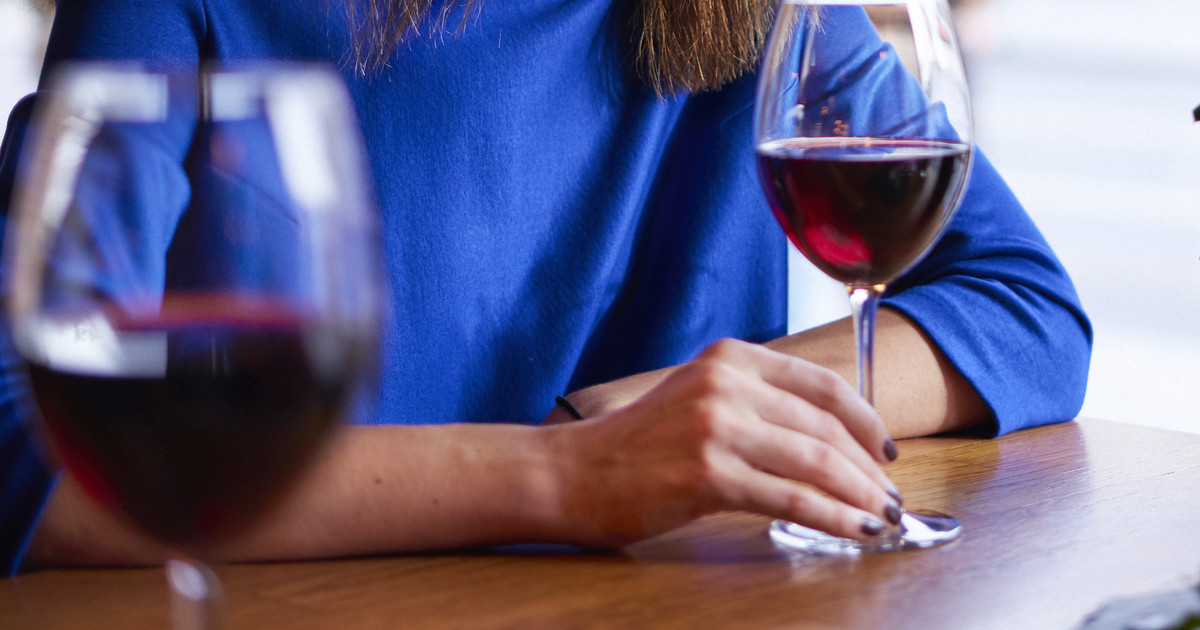
Red Wine
Although a glass of red wine with dinner sounds tempting, it’s not worth it for women with an iron deficiency. Why? Red wine contains a high amount of resveratrol! This compound has antioxidant properties and has even been said to prevent cancer when consumed in moderation. However, resveratrol isn’t helpful for an iron deficiency.
Yet again, this is another serious iron inhibitor! It lessens the iron absorbed from both supplements as well as food. Since dinners are a prime opportunity to consume iron-rich foods, a glass of red with the meal isn’t good. Save the red wine for after the iron deficiency is no longer an issue!
